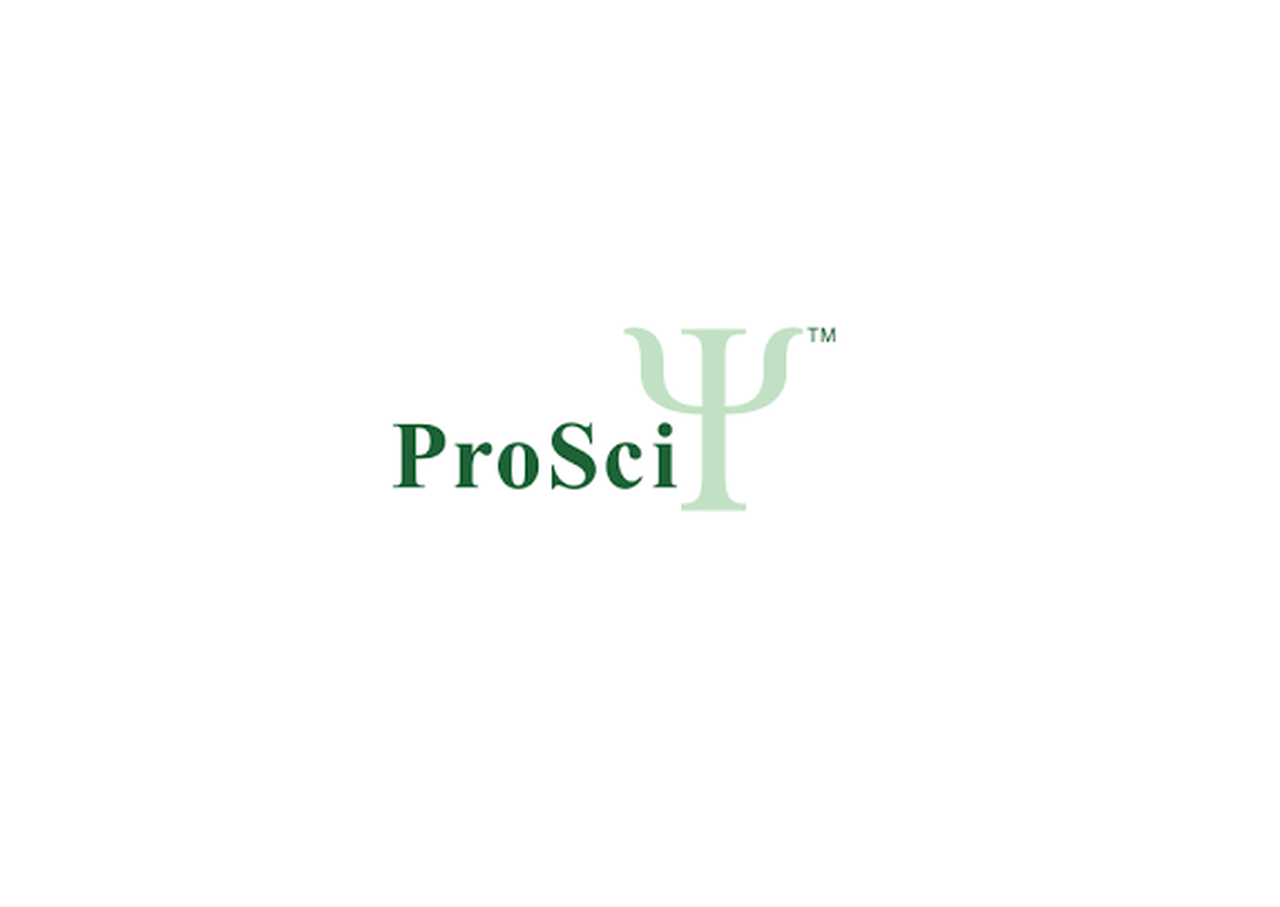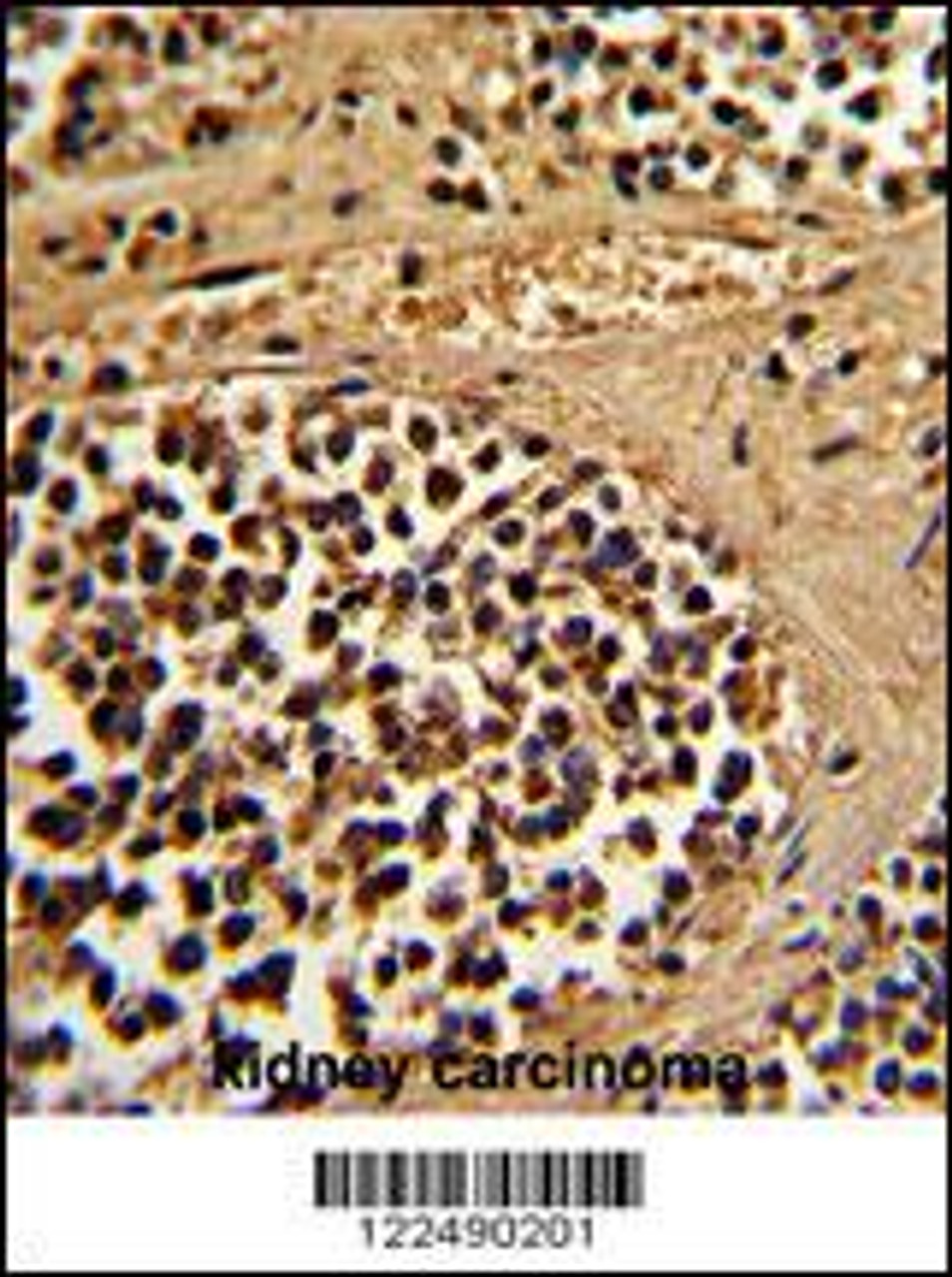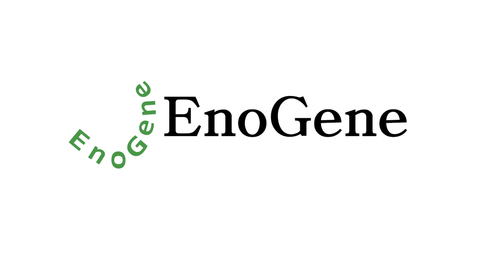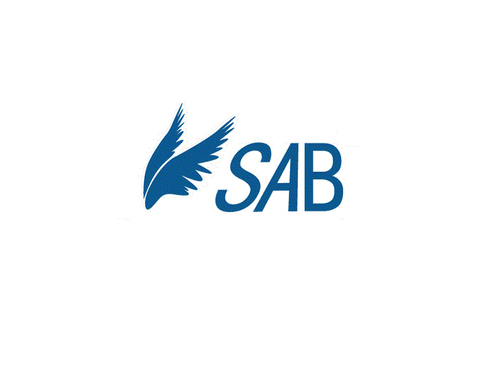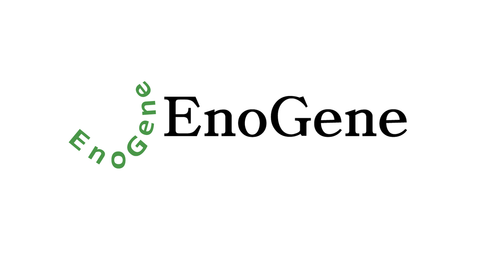Product Description
ESRRA Antibody | 63-560 | ProSci
Host: Rabbit
Reactivity: Human
Homology: Predicted species reactivity based on immunogen sequence: Mouse, Rat
Immunogen: This ESRRA antibody is generated from rabbits immunized with a KLH conjugated synthetic peptide between 131-159 amino acids from the Central region of human ESRRA.
Research Area: Cancer, Obesity, Signal Transduction
Tested Application: WB, IHC-P, IF, Flow
Application: For WB starting dilution is: 1:1000
For IHC-P starting dilution is: 1:50~100
For FACS starting dilution is: 1:10~50
For IF starting dilution is: 1:10~50
Specificiy: N/A
Positive Control 1: N/A
Positive Control 2: N/A
Positive Control 3: N/A
Positive Control 4: N/A
Positive Control 5: N/A
Positive Control 6: N/A
Molecular Weight: 46 kDa
Validation: N/A
Isoform: N/A
Purification: This antibody is purified through a protein A column, followed by peptide affinity purification.
Clonality: Polyclonal
Clone: N/A
Isotype: Rabbit Ig
Conjugate: Unconjugated
Physical State: Liquid
Buffer: Supplied in PBS with 0.09% (W/V) sodium azide.
Concentration: batch dependent
Storage Condition: Store at 4˚C for three months and -20˚C, stable for up to one year. As with all antibodies care should be taken to avoid repeated freeze thaw cycles. Antibodies should not be exposed to prolonged high temperatures.
Alternate Name: Steroid hormone receptor ERR1, Estrogen receptor-like 1, Estrogen-related receptor alpha, ERR-alpha, Nuclear receptor subfamily 3 group B member 1, ESRRA, ERR1, ESRL1, NR3B1
User Note: Optimal dilutions for each application to be determined by the researcher.
BACKGROUND: ESRRA is a nuclear receptor that is closely related to the estrogen receptor. This protein acts as a site-specific transcription regulator and has been also shown to interact with estrogen and the transcripton factor TFIIB by direct protein-protein contact. The binding and regulatory activities of this protein have been demonstrated in the regulation of a variety of genes including lactoferrin, osteopontin, medium-chain acyl coenzyme A dehydrogenase (MCAD) and thyroid hormone receptor genes.
 Euro
Euro
 USD
USD
 British Pound
British Pound
 NULL
NULL

